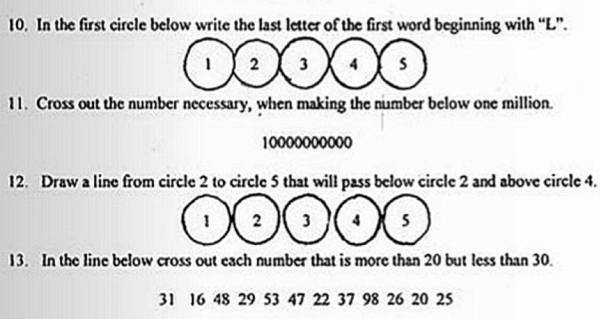For our fourth EOTO, the events that the non-trial groups presented were in the post-Civil Rights Acts era. Despite the massive accomplishment of getting the Civil Rights Acts passed, the climate around civil rights was still as turbulent as ever. Progress was being made, but it was evident that much work still had to be done to achieve true equality in America.
 |
| An aerial view of the Watts Riots |
Marquette Frye, an African-American, was pulled over and arrested for driving under the influence of alcohol in Watts neighborhood of Los Angeles. His mother showed up at the scene (she lived only a few blocks away), and scolded him. It is unclear how, but a fight broke out between the police and Marquette and his mother, which was witnessed by a crowd.
After rumors circulated within the community that the police had kicked a pregnant woman (it was likely Marquette's mother that was misinterpreted as such), riots broke out for five days. Ultimately, 34 people were killed, and over 40 million dollars worth of property damage occurred.
However, there were also plenty of positive events in the decade, particularly with enfranchisement. While technically enfranchised, African Americans faced many obstacles in the way of voting. The 24th Amendment, passed in 1964, outlawed the poll tax, which states used to lock out poor African Americans from voting. On top of that, voting literacy tests were outlawed under the Civil Rights Act of 1965. The literacy tests were extremely confusing on purpose and were practically unpassable by anyone, regardless of their level of education (Try a test here).
 |
| A section of a voting literacy test |
The sixties were some of the most divisive yet uplifting years in America's history. So much progress was made in a decade that was marred with violence, assassinations, and extreme prejudice. It is unlikely that America will ever see a decade like this again.
No comments:
Post a Comment